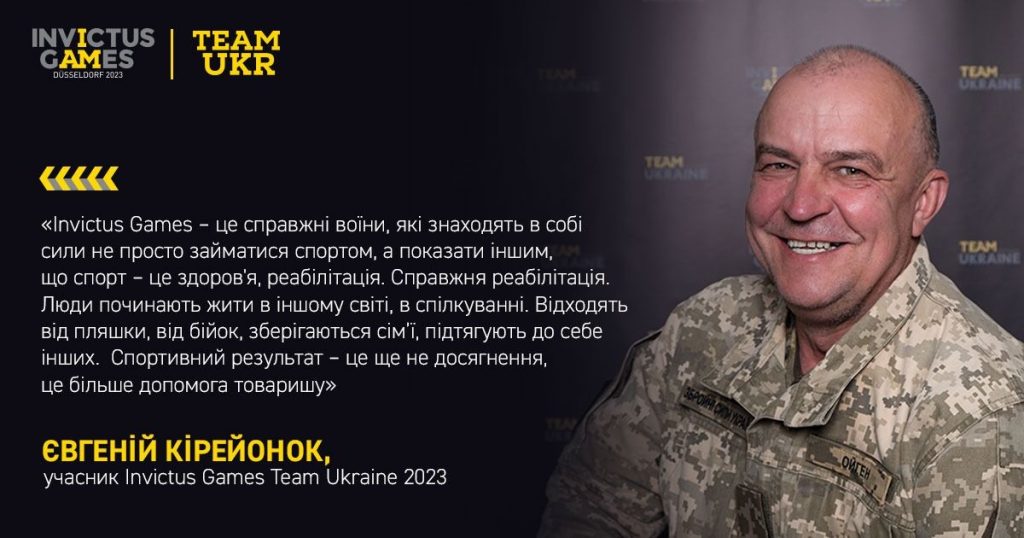Military career
In 1990, I finished military school and served in various positions until 2000. Then I was dismissed due to the length of service. I made an unsuccessful attempt to find myself in business. Then I worked in various positions in different organisations. Then I went to one company and worked there as a deputy head of security for quite a long time.
In 2014, I was called up for mobilisation. At first, the Armed Forces did not really need officers. I stayed in the military enlistment office. Then, when positions in combat units became available, I joined the 81st Brigade, 5th Battalion Tactical Group. I didn’t stay there for long, and six months later I joined the 36th Marine Corps brigade.
Since September 2015, I have been the chief of staff of the Marine Corps Airborne Battalion. It was a great position.
My battalion was one of the first to enter Shyrokyne, which was there. Back then, the locals were being evacuated from there. There were even cups of unfinished tea left on the tables in some houses. It was clear that it was not the separatists who were drinking it, but the owners left it there. Cars were still in the garages. People did not have time to take them away.
Then, for health reasons, I went back to the military commissariat. So my guys were in Shyrokyne for a year with me and stayed for another year after me. During that time, we completely kicked the separatists out of the village and moved forward a bit. Me and my commander got in trouble for that because we did not approve our actions with the higher command. Though the situation required immediate decision to move forward and take positions. There were few commanders who could take responsibility then.
Now I am also an active serviceman – called up for mobilisation. And no one says when it will end.
People are getting tired. I spent a little time in Bakhmut with the 93rd Brigade “Kholodnyi Yar” – those are iron men. Paratroopers usually do not like infantry very much (well, now they do), but these infantrymen had been there from day one. They have been there all the time. They just have about a week to go and replenish their personnel. They live there. Those guys are real fighters! They were the ones who stopped the Russian offensive near Izium.
A lot depends on the commander. Whether he will march everyone around the parade ground or do combat training. The commander’s authority is important, what he can do and what he knows and what he has been through matters. Soldiers respect such commanders, are motivated to learn from them and then act as one. In the 93rd brigade, all commanders have great authority. Even though the battalion commanders are just 27-28 years old – they stay in the trenches together with their soldiers.
The Full-scale War
During the full-scale war, I was in the Kharkiv and Donetsk regions. Before that, I was working quietly as a lead specialist at Kremenchuk Flight College. There are a lot of military people in my team and we understood that there would be a bigger war. But on February 24, it all came crashing down out of the blue.
Kremenchuk was attacked quite a lot: the Kremenchuk Oil Refinery, the Amstor shopping centre, and the Dormash road machine plant. There were quite a few bomdings of the city in general. It’s still flying over us, because we are close to the dam, which is a desirable target for the russians.
My son is already an adult, my daughter is also married, her husband is also in the military, he took her to the west of the country, and my mother and wife are staying in Kremenchuk.
I was drafted on March 11. My family objected, saying that I had already served enough. But the events did not stop, and I realised that I would be of more use in the army than just protecting my family at home.
I got to the newly formed unit as a deputy battalion commander. Only we were not a battalion, but a detachment. We took a while to get everything in order so we went on a combat mission in May. We went to the Izium forests and occupied a little bit of the forest, as a jaeger brigade. We were doing quite well operating in the woods and we came as far as Spivakivka.
And the russians also had some “interesting guys” on their side. It is said that there were only some kind of dummies in russian army, but there were also special forces on the russian side. Special forces are always special forces. You can tell it by the way they look , the way they walk, by the look in their eyes. Sometimes we met with them face to face but we left without a fight. They don’t even engage in combat themselves. One POW told us that they work in their equipment, and as soon as a battle starts, they take it all off. They just leave a combat kit, a rifle and run. Everyone has a navigator and directions where to go. They also speak our “surzhyk” (ukrainian-russian slang) well. There are also a lot of people from “DPR”(Donetsk people’s republic) among them. The russians also dig trenches well, they have good engineering structures and dugouts. They dig really deep even in the woods…Our guys are a bit lazy in this matter.
And then we were taken from the Kharkiv region and sent to Bakhmut. The city was still beautiful then. In September, people were still walking around with their children. There were still people living in Soledar.
We just had a short break for a day or two and straight back to the city. When my comrades got there, they said: “Why didn’t you tell us it’s like this? We would have taken Izium with our bare hands”. They were such cheerful guys, and when I met them after the battle they had a completely different look in their eyes.
Then my health began to fail, and I was sent for a military medical commission. I was recognized to be partially fit for military service and was appointed to a less combat-oriented position – deputy battalion commander for logistics. So I am still serving.
What deed are you most proud of?
I think such a deed is yet to come.
Who inspires and motivates you to act?
Maybe my wife. And even though my daughter says: “When are you going to finish your service already?” I know she is proud of me. There is no turning back. I remember my teachers and mentors and I don’t want to blow it.
What does the army mean to you after all those years of service?
I had a short break. There have been some changes: a little more Ukrainian, a little more careful paperwork, different shoulder straps, a slightly different uniform. But communication, organisation, everything is the same as it was. For an officer who has served a little bit it is easier to join the team and continue working. But in civilian life, it’s harder. As soldiers say: “You dig or you don’t. There is an order or there is no order. And civilian life is total freedom. We have tasted that freedom, and it does not greet us with flowers.
How does a commander feel when a plan doesn’t work out?
It happened to me. But if you plan, at least something will come of what you planned. Yes, it may not be 100% of what was planned, but a certain percentage, but even if 10% is achieved, this is a good result. I’m not saying it’s a good result, but it’s not bad. And this encourages us to think more carefully about everything, to prepare, and to put these things into action more.
What impresses you at war?
In 2014, people were self-organised. Especially the Right Sector, who went out in slippers and shorts and stopped russian convoys. That self-organisation of our people was impressive.
Who is your role model in life?
My father was a good example. He knew a lot of things and was capable of doing a lot. He was a good father, good husband, and a good friend.
I have a paratrooper father who is a role model.
Why do you want to take part in the Invictus Games?
I have been following the competitions for a long time. Somewhere in 2020-2021, I came across information about the Invictus Games, and I thought about applying, but my friend discouraged me, saying that I should let younger people do it.
Invictus Games is about real men and women. Real warriors who find strength not just to do sports, but also to show others that sports is about health and rehabilitation, true rehabilitation. People start living life differently and acquire new social circles of communication. They give up alcohol, fights, strengthen their family bonds, and spread the word about the competitions. It’s not just a competition, it’s more of a learning experience. I was really surprised, because I thought there were only athletes here, but it’s different. A sports result is not the main achievement, it’s more about helping a friend.
For me, participating in the selections was already an achievement. The commander was surprised that I was selected, and my family was also surprised but happy.

